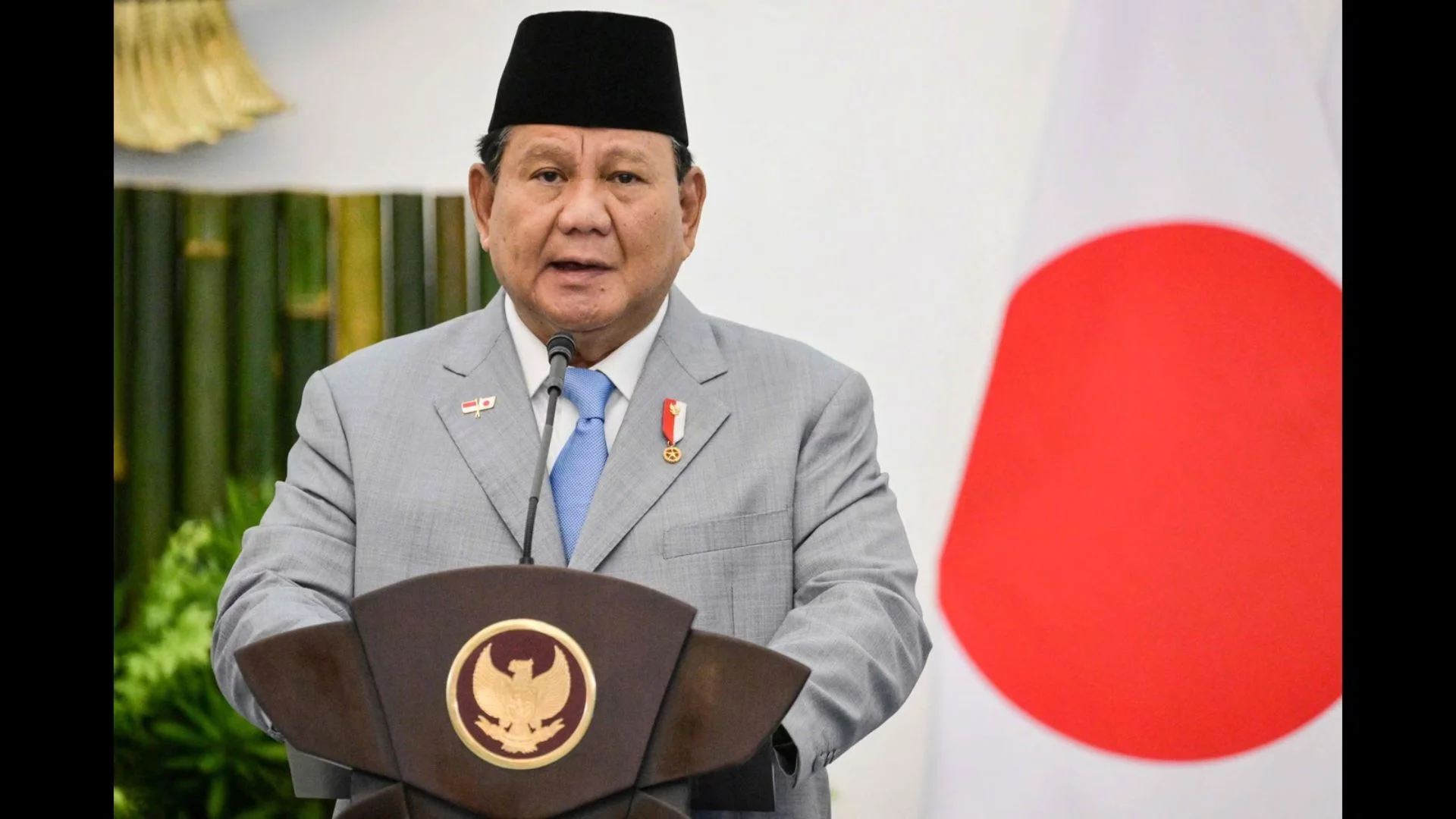The Madras High Court in the case Commissioner of Income Tax Versus Sri. R. Rajagopal Tondaiman observed that the assessment was reopened on the basis of error which was being pointed out by the revenue audit, but the same was done after the period prescribed as it is stated under section 147 of the Income Tax Act, 1961.
The bench comprising of Justice R. Mahadevan and Justice Mohammed Shaffiq in the case observed and has stated that reopening of the assessment in light of factual errors wherein it is pointed out by the audit party that it is permissible under the law.
In the present case, the respondent or assessee is a hereditary of the Raja of Pudukottai, and he being assessed in order to pay tax in the status of a HUF and an individual. Thus, one of the properties of the assessee at Cenotaph Road, Chennai was being given to /s. Doshi Housing Limited by entering into a development agreement dated 30.01.2006 through the power of attorney.
The court observed that as per the assessee, thus, the sale proceeds derived from the transaction have been invested in purchasing an apartment and the documents which are as evidence that such a transaction have been produced by the assessee. Therefore, the court filed the return of income for the assessment year 2010-2011 on 28.03.2011, wherein admitting the local income. Thus, the return filed by the assessee was scrutinized under Section 143(1) of the Income Tax Act, 1961 and has completed the assessment of income.
It has also been pointed out by the revenue audit that the deduction which is claimed by the assessee as stated under section 54F of the Act is not in order as the assessee in the scheme of notified capital gain had not deposited the sale consideration as the scheme was before the due date of filing the return of income.
Further, the Assessing Officer in the case reopened the assessment as stated under Section 147 of the Act, wherein the court issued a notice under Section 148 of the Act.Thus, the re-assessment was completed by the Assessing Officer by assessing the capital gain at an amount of Rs. 74,13,095 and has disallowed the claim of deduction under Section 54F.
Further, it has also been contended by the appellant or department that the Tribunal failed to take note of the fact that the same being on the basis of certain factual errors as it is pointed out by the audit party, thus, the court observed that the Assessing Officer in the case is wholly justified in re-opening the assessment.
Accordingly, the court set aside the reassessment and has upheld the order of the tribunal as the same was initiated beyond the prescribed time.

















